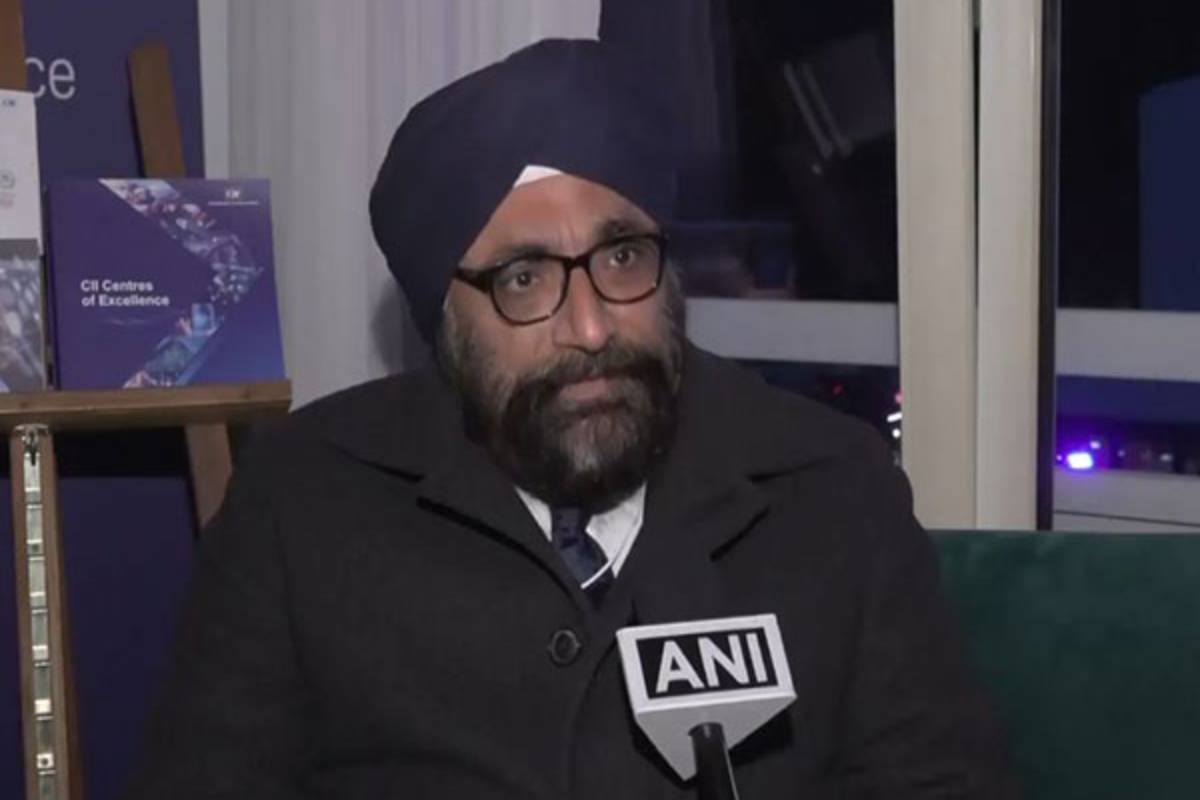Indian Oil Corporation (IOC) Chairman Arvinder Singh Sahney has stated that the recent US sanctions on Russia and potential future actions by the new Trump administration will have minimal impact on India. He emphasized that India has multiple sources to meet its energy needs, making it well-positioned to handle the situation.
Speaking to ANI from Davos, Sahney explained, “It is not a very difficult thing to handle because the sanctions have a limited effect. We are abiding by the existing sanctions, and we have diversified sources of energy supply.”
He further pointed out that India has various energy alliances, including OPEC, OPEC+, and Gulf countries, as well as other emerging markets like Guyana, Brazil, and the US. “We have enough options available, so there is no issue regarding crude oil supplies to India,” Sahney added.
Since the onset of the Russia-Ukraine conflict in February 2022, the Biden administration had imposed stringent sanctions on Russia. However, Sahney believes that India’s energy supply remains secure despite the US sanctions. He mentioned that India is also increasing its exposure to US crude, with the government supporting this move.
When asked about the future of international crude prices, Sahney predicted that they would likely remain range-bound between USD 75 to USD 80 per barrel, with a slight bias towards USD 75. “Although I prefer lower prices, based on our company’s assessment, we expect crude prices to remain within this range,” he said, noting that current prices are around USD 75.5 per barrel.
Regarding city gas distribution (CGD), Sahney confirmed that IOC is actively expanding its network. “We currently have around 47 geographical areas in CGD as part of our standalone operations and joint ventures. Our focus remains on infrastructure development and providing more connections to consumers,” he said.
Sahney also revealed that IOC has no immediate plans for acquisitions. “At present, we don’t have any active acquisition plans,” he clarified.
On the green hydrogen front, Sahney shared that IOC is making significant progress in its green hydrogen initiatives. The company’s green hydrogen plant in Panipat, with a capacity of 10,000 tonnes per annum, is expected to be commissioned within two years. “The hydrogen plant is already in progress. We have received strong bids, and the tenders are under evaluation. We expect to award the contract soon, with the plant set to be commissioned within two years,” he said.
India is committed to reducing its reliance on conventional energy sources and has made substantial investments in renewable energy. The National Green Hydrogen Mission, launched in January 2023, has an overall budget of Rs 19,744 crores and aims to achieve a green hydrogen production capacity of 5 million tonnes by 2030.
Sahney concluded by reaffirming that India’s energy strategy is not only focused on securing fossil fuel supplies but also expanding into renewable energy and green hydrogen, both of which are gaining momentum globally as key elements for climate mitigation.





